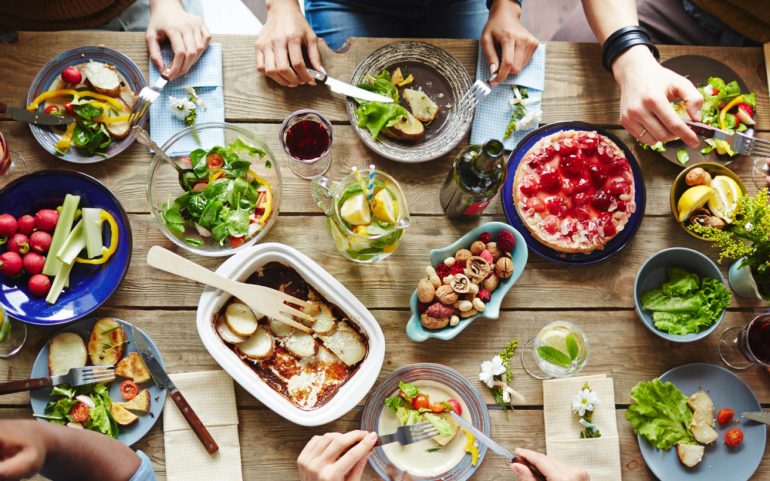There are many things that we take for granted in life. Maybe it is human vanity - or superficiality? - that makes us think that what exists today will exist tomorrow and probably always. And although there are elements that can trouble us, as the world moves on and changes, we find it difficult to realize that things we take for granted are inevitably changing - possibly radically.
When journalist Amanda Little presented her book "Power Trip: The Story of America's Love Affair with Energy" in 2010, she noticed something paradoxical. Although her book focused on other topics, most of her audience's questions concerned a specific chapter, that of food production.
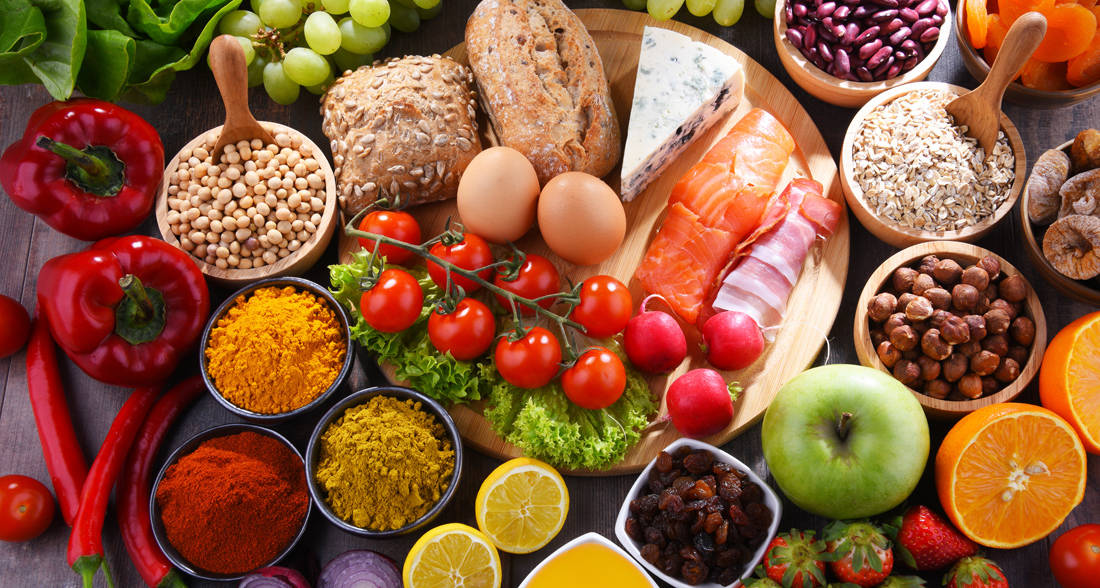
The people he spoke to wanted to know more about the subject and many were willing to change their eating habits, to be more aware of what they were consuming. These discussions led her to write her second book, The Fate of Food: What We'll Eat in a Bigger, Hotter, Smarter World, in which she attempts to document what it will take for 7,5 billion people to continue to feed , for example in 2050.
As the Guardian explains, Little points out that existing food production practices are becoming more difficult due to the climate change and its consequences, such as catastrophic droughts, record temperatures and changing climatic conditions. And their project, which began as an 18-month research, ended in a 5-year "mission", in its effort to explore and understand this huge and complex issue.
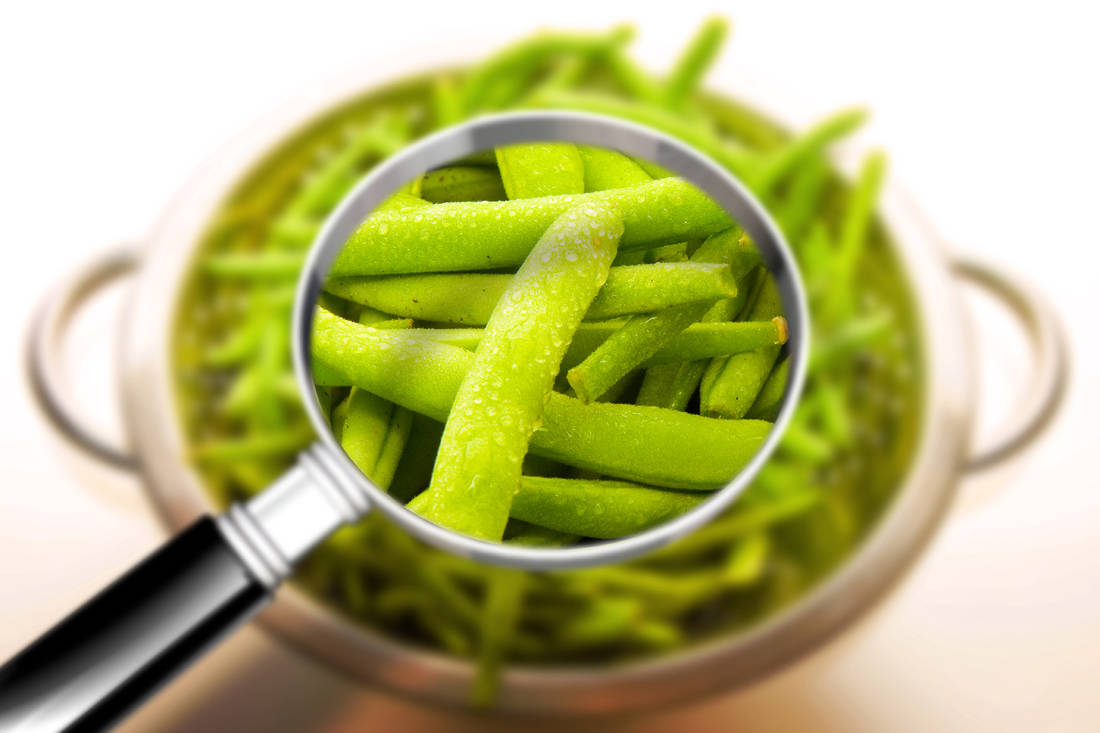
At first glance, food and climate change issues may seem unrelated. But it is not, as "the biggest threat of climate change is that in food production systems", as he explains in the British newspaper. "It simply came to my notice then. I thought the biggest problem might have been the floods, the droughts, the displacement of the population, the rising water level. All of this reflects how humanity will experience climate change. "But I began to realize that the biggest disorder that knows no boundaries and does not discriminate on the planet will be changes in food production."
Some of them are already happening, he continues. "Climate change is becoming something we can taste. It can be found in corn in Kenya, in herds in Tennessee, on an apple farm in Wisconsin, a coffee plantation in Guatemala, areas with peaches in Georgia. I talked to so many growers and stockbreeders, they all told me one way or another that climate change is now something we taste. It affects the way fruits and vegetables are grown, but also the animals in the herds. "We think that climate change is something confused and distant, but it has already affected our food production."
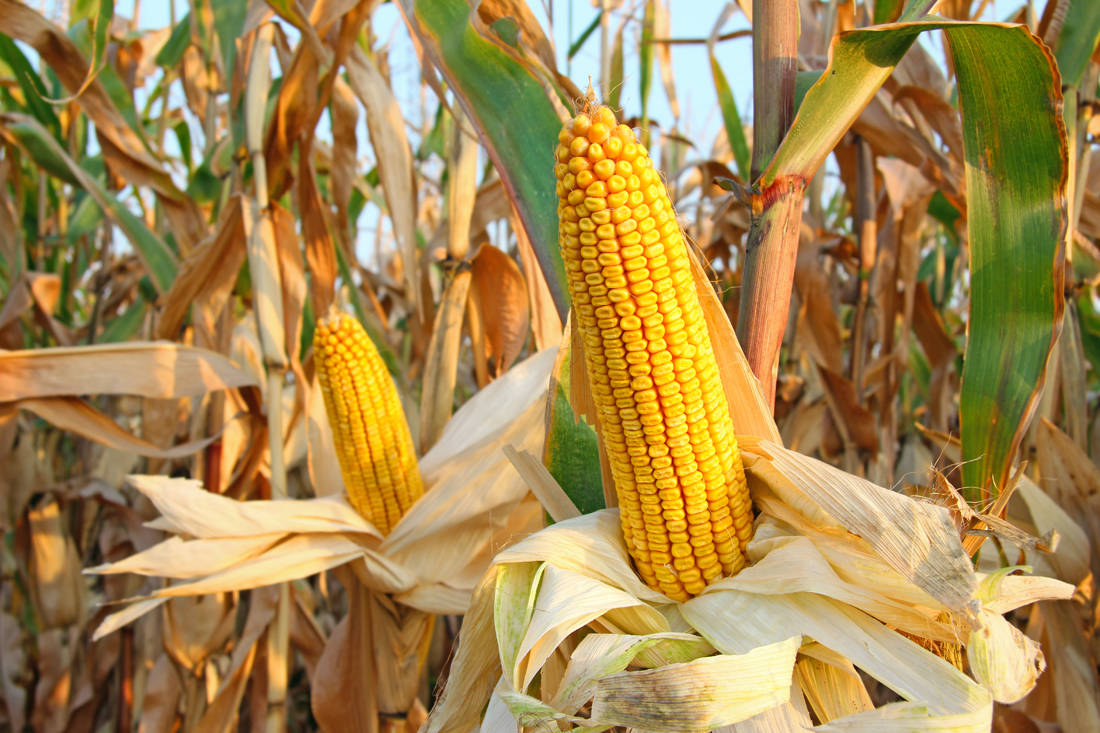
Some have solved the issue of basic food by having their garden in their backyard, and some hens, for example. It is an uncomfortable development for everyone to live in a world where food will be laboratory products. "But we are talking about 7,5 million people," Little notes. Some practical solutions, that the weather will bring, concern us, even on a different scale, everyone.
"I was very much asked the question, what is really the solution, how will we build the food production system, which will no longer be able to respond, if we can not rely on everyone's orchards and cultivate in the soil? I was confused about what the realistic solutions are and that the sustainable production movement food, which rejects large-scale production, is unrealistic, "notes Little.
"People would like to hear that there is a solution, but it will take many different approaches, a lot of technology, a change in mentality, self-control, respect for tradition and a deep understanding of how we have applied technology wrong. It will take a lot of different elements to come up with a solution. Can we feed the world in a sustainable and fair way? The answer is yes, but the food production system will be very different, "he clarifies.
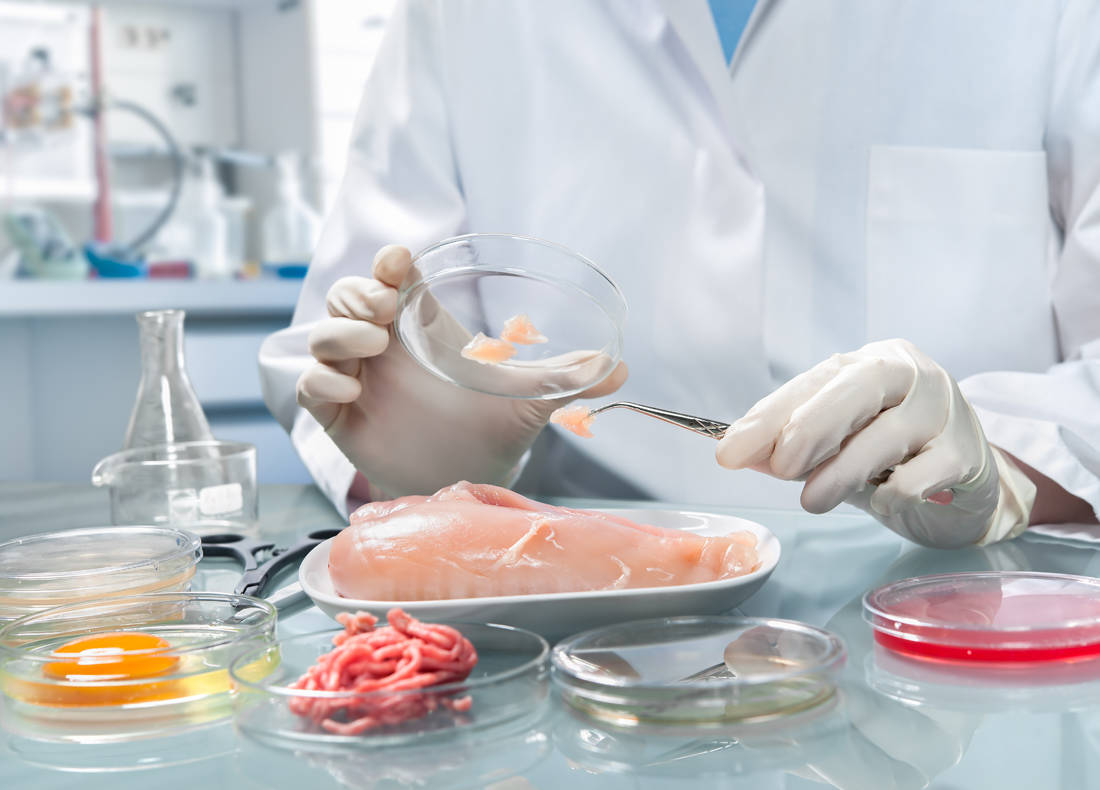
So, the question is, what will this system be like? What will a typical American meal look like in 2050? "I hope it will be very similar to what we eat today. But it is the way food is produced and where it is produced that can change radically. Maybe the meat which we will eat is just as tasty as the meat eaten by the older generations, only it will not come from a live animal but either from a plant-based protein or from artificial meat grown in a bioreactor. This is very difficult for people to accept, but we are already seeing some versions of it. There are burgers that use such meat, from vegetable protein and synthetic blood. The taste is what we know, the origin has changed "he explains.
"It is very likely that we will continue to find ways to produce the food we like. You will just need very different methods. It is meat, its cells are derived from the animal, but they did not grow on it. They have no bones and no organs, they do not feel. "There is no pain," he continues.
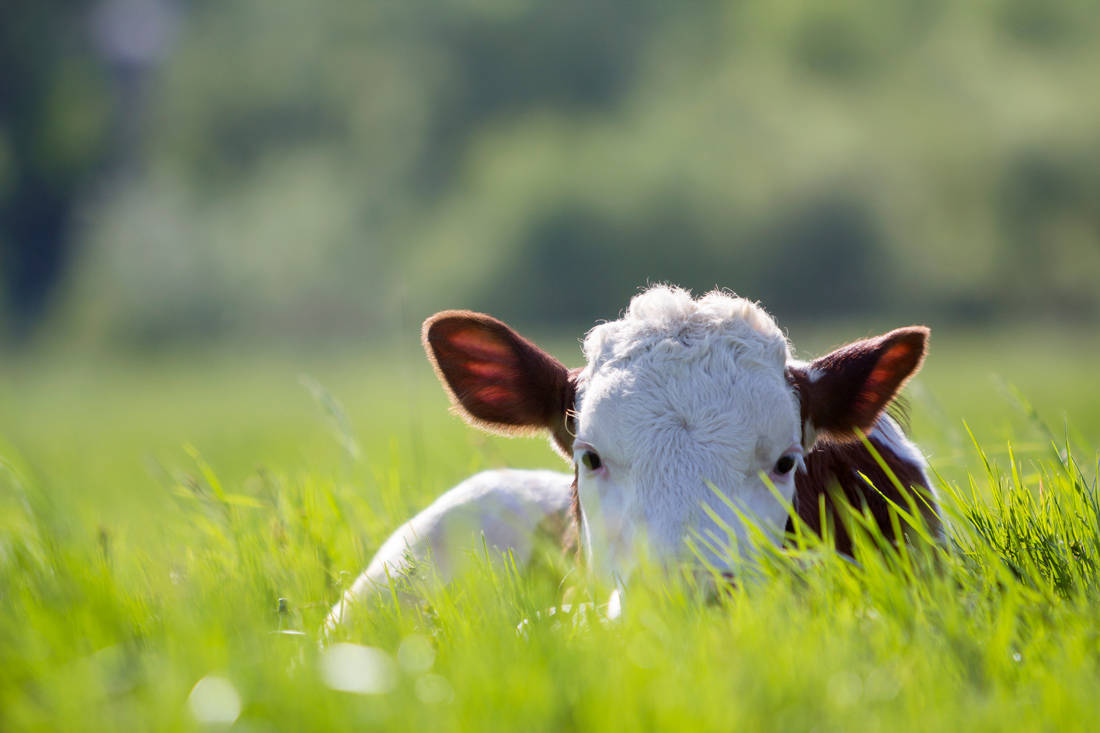
Will they continue to eat tomatoes in Britain, for example from Spain? "Of course," says Little. "They will stay in diet us but will not be grown in Spain. Probably on a vertical farm in Newark, where the roots of the plant will hang in a mixture of nutrients and the "sun" will not be the real sun but artificial lighting. We may continue to grow corn in western Kenya but they may need treatment or some genetic intervention to withstand more heat, more drought, possible new insects - invaders. And it is possible for some of us to prefer this very high-tech "scientific" diet, for example with food tablets and bars that are very specialized and personalized, that contain whole meals and meet the nutritional needs ".
Of course, the aspect of coffee, the cultivation of which is already affected by climate change, could not be missing from this debate.
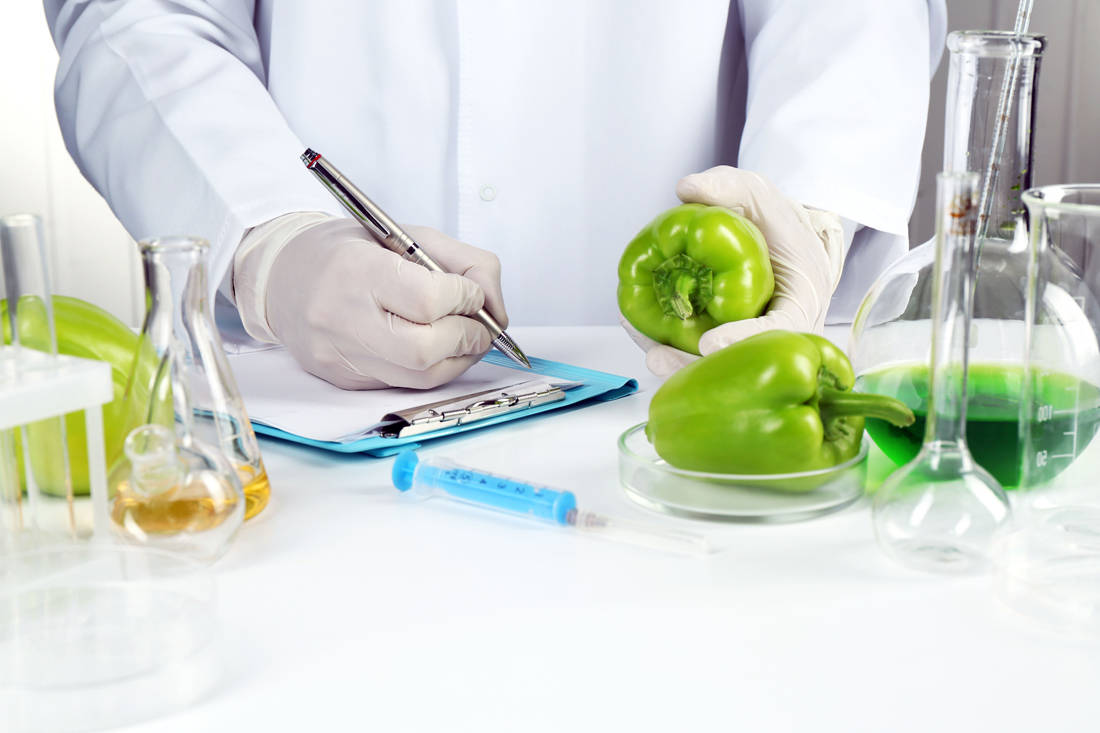
"Its cultivation brown is very specific and has very specific conditions. I went to coffee plantations in Ethiopia and there is already research on arabica coffee varieties, which adapt to different environmental constraints. For example, there is a gene found in a plantation. Can we 'cut' it into a new 'chain', develop it and strengthen its ability to withstand higher levels of heat, more drought, more sun exposure? How can we make the plant more resilient and help it adapt to new data; "From what I've seen," Little answers, "scientists and growers and consumers are keen to find ways to keep coffee growing, and they will." It will take more flexibility. "
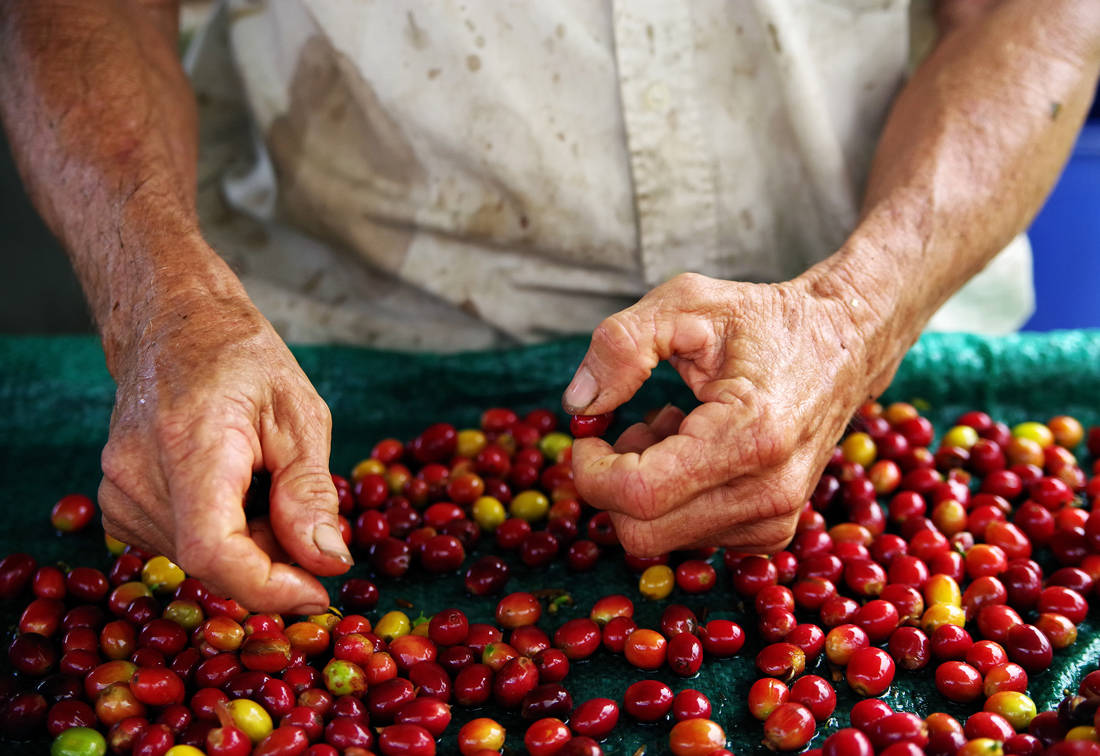
And if Little's words point to a rather dystopian future for some, the book has a more optimistic tone.
"I was thinking about how serious the problem is, how extreme things we will do, but I was always surprised by people who were optimistic about reading my book," he told the Guardian. "The meaning of everything I wrote is concentrated in adaptation and ingenuity, in response to existing problems," he concludes. Perhaps recognizing the importance of adaptation and ingenuity will allow us to recognize the importance of the problem at the same time.
